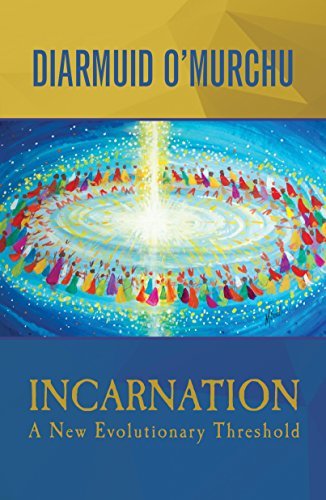What do you think?
Rate this book


248 pages, Kindle Edition
Published May 18, 2017
Diarmuid O'Murchu, a member of the Sacred Heart Missionary Order, and a graduate of Trinity College, Dublin Ireland, is a social psychologist most of whose working life has been in social ministry, predominantly in London, UK. In that capacity he has worked as a couple's counsellor, in bereavement work, AIDS-HIV counselling, and laterally with homeless people and refugees. As a workshop leader and group facilitator he has worked in Europe, USA, Canada, Australia, The Philippines, Thailand,
India, Peru and in several African countries, facilitating programmes on Adult Faith Development.
His best known books include Quantum Theology (1996 - revised in 2004), Reclaiming Spirituality (1998), Evolutionary Faith (2002), Catching Up with Jesus (2005), The Transformation of Desire (2007), Ancestral Grace (2008), Jesus in the Power of Poetry (2009).